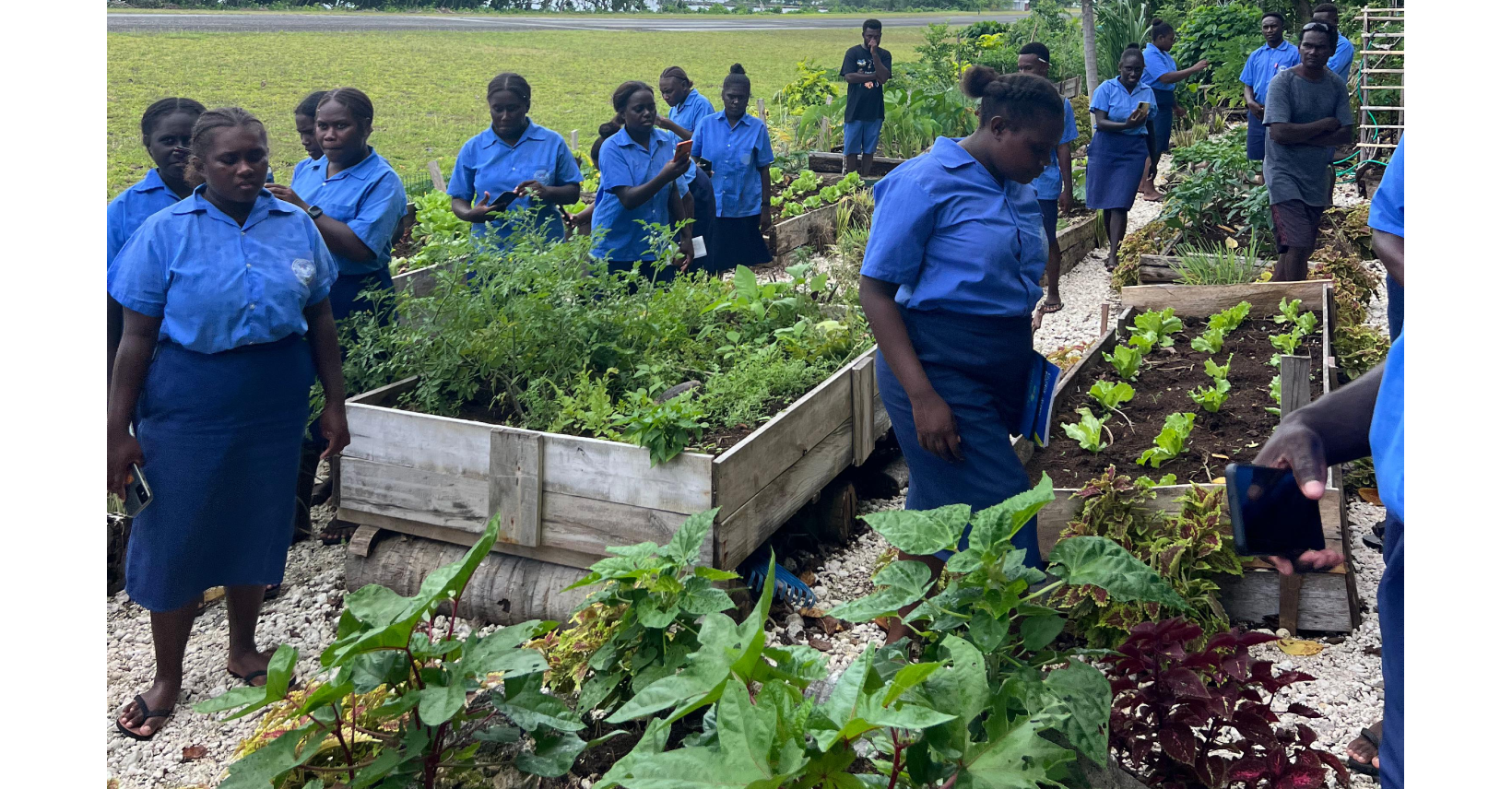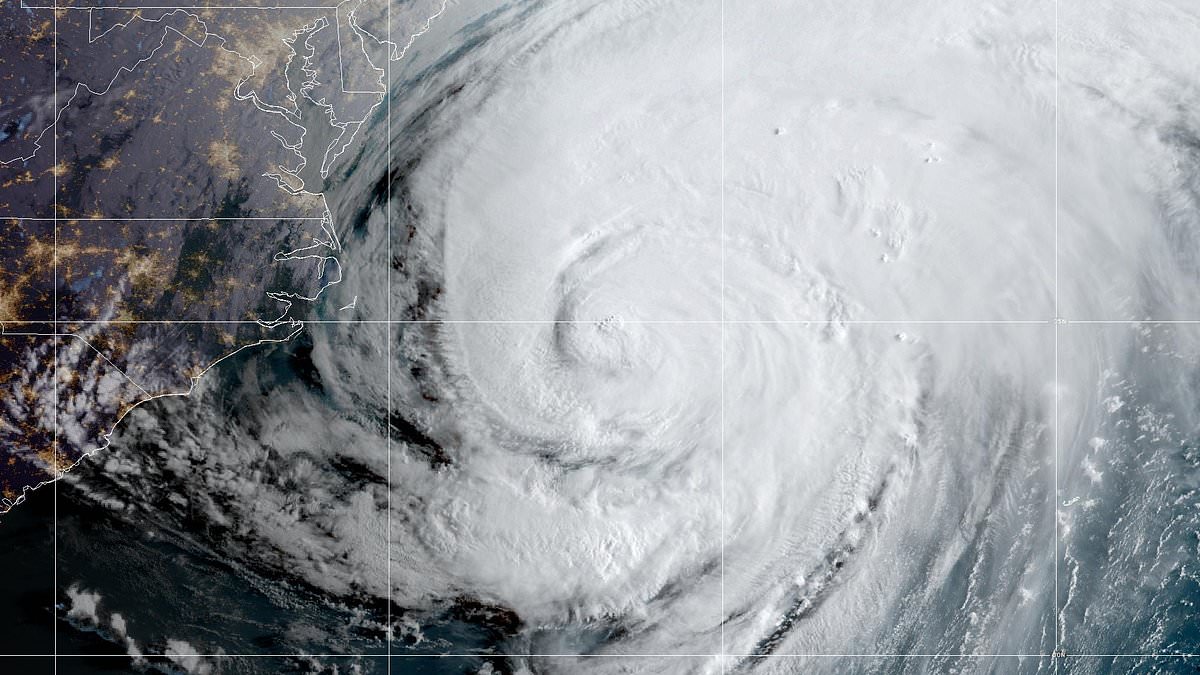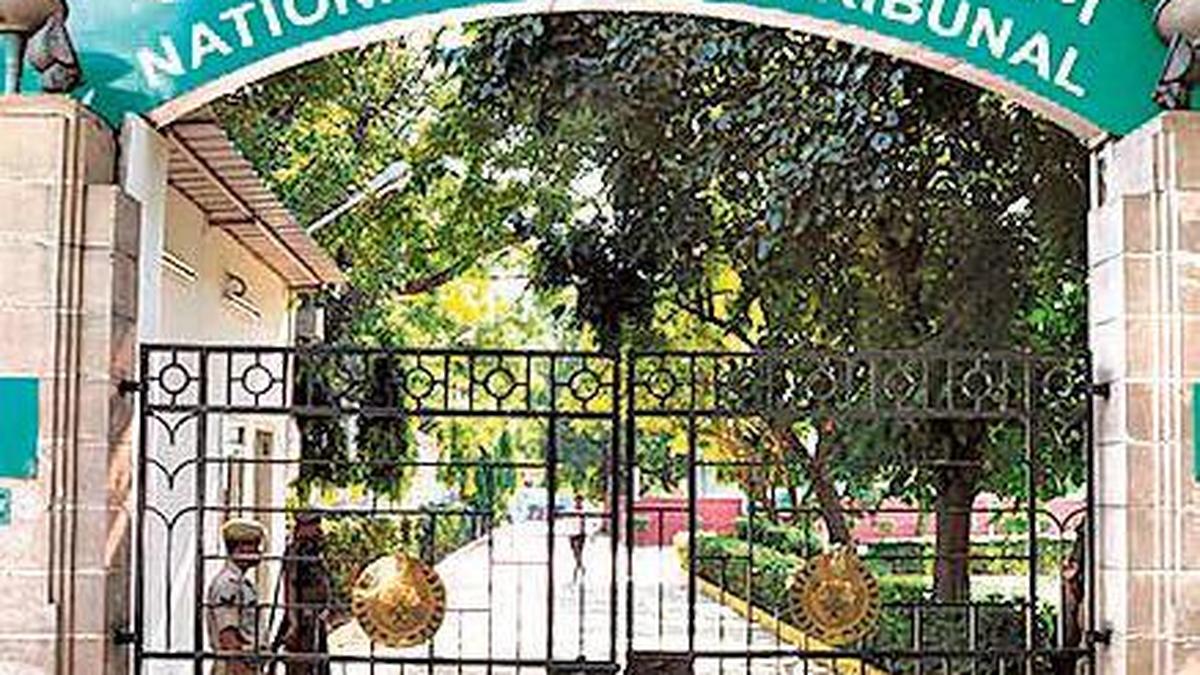By Moffat Mamu
Copyright solomonstarnews

A group of 25 Form 6 science students from G. F. Jones Adventist College (JAC) on Vella, visited the Nusatupe Innovation Hub near Gizo, Western Province on Thursday to learn about conservation and ecosystem sustainability.
The excursion is part of their Biology field trip. The students were accompanied by their teacher Mr. Jones Lekezoto.
The group, which included 14 females and 11 males, had the opportunity to explore the vital importance of conservation and ecosystem sustainability — a key component of their internal assignment.
The Nusatupe WorldFish Station, known for its dedication to sustainable island food systems, offered the students a unique educational experience.
The Innovation Hub is focused on creating and promoting climate-resilient, sustainable food systems for island communities.
Through various demonstrations, skills training, and collaborative research efforts, the hub is helping to develop innovative solutions for local food production and environmental preservation.
Dr. Gregory Bennett, Innovation Hub Leader at Nusatupe, warmly welcomed the students and staff. H
e expressed his delight in hosting the group and took time to personally introduce them to the wide range of programs currently underway at the hub.
His engagement and explanations helped deepen the students’ understanding of the practical applications of science in addressing real-world challenges such as food security, marine conservation, and climate change.
Key Highlights of the Visit:
Marine Protected Area (MPA): Situated directly in front of the hub, the Nusatupe MPA provided students with a unique opportunity to observe vibrant coral reefs and giant clam shells in their natural habitat. This hands-on learning experience gave students real-world insight into the importance of marine conservation.
Marine Conservation Activities: Beyond observing the MPA, students were introduced to the hub’s broader marine conservation efforts, including coral restoration and coral gardening techniques aimed at rehabilitating reef ecosystems.
Backyard Organic Garden: A practical demonstration showed how food can be grown successfully on low-lying islands using sustainable farming methods — offering insights into resilient agriculture tailored for island communities.
Black Soldier Fly Larvae Manure Production: Students explored innovative waste management techniques by learning how Black Soldier Fly larvae are used to produce organic manure, supporting eco-friendly and sustainable agriculture.
Coral Restoration with Interns: Current interns at the hub provided valuable guidance on coral planting and restoration practices, allowing students to engage in conservation efforts firsthand.
Mr. Lekezoto expressed his gratitude for the experience, noting that the field trip greatly enriched the students’ understanding of biology and environmental conservation.
“The students were thrilled and grateful for the opportunity. Not only was it educational, but it also gave them inspiration by seeing the real-world application of their studies,” he said.
At the conclusion of the trip, the students gained a profound understanding of the critical role that sustainable food systems and ecosystem conservation play in mitigating climate change and enhancing the resilience of island communities — insights that will significantly inform and enrich their internal biology assignments.



